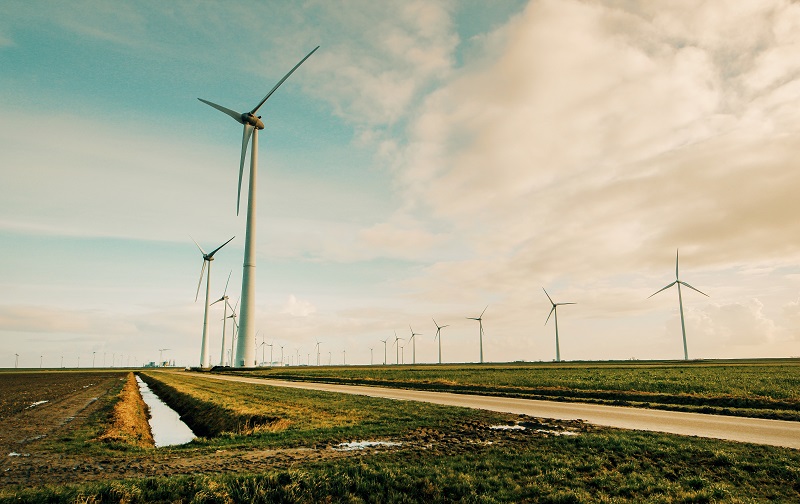Energy is one of the most important economic areas that is strongly influenced by politics. The energy crisis is the biggest proof of that. Although politics traces and determines the development of energy and investments in renewables, new projects, investors, as in any other area, are looking for certain stability and rules of the game that will be valid for a long period of time.
This year, the unpredictability in the energy sector is perhaps at the level of economic uncertainty since before the Second World War. Uncertainty is present in all sectors, and this has a direct impact on the pace of realization of projects that should meet the set goals of the energy transition and reduction of CO 2 emissions.
New uncertainty and indignation in the energy sector were caused by the decision of the European Commission to limit the inframarginal income to 180 euros per MWh, for producers of renewable energy sources, nuclear energy, and other advanced technologies. According to the explanation of this measure adopted by the Commission, renewable energy producers and investors will be able to cover their costs and secure a profit, which will continue the future investment in green energy and meet the targets for reducing climate change by 2030, and until 2050.
Despite the initial reactions to this decision, certain analyses indicate that this decision will not have too much of a disincentive effect on new investments. The energy transition is a priority for the big energy giants who are investing huge funds in this process. For example, the German giant RNJE will invest almost 5 billion euros in 2022 in renewable energy sources.
The funds that will be invested in new projects this year are 30% higher than originally planned. Until 2030, RNJE plans to invest 15 billion euros in new green facilities. In order to encourage the level of investments and in the conditions of the energy crisis, the company opened seven new offices in Germany, in the region of North Rhine Westphalia, thus creating 200 new jobs for experts who will work on conceptual solutions for the development of new projects.
As a result of these investments, the company increased production from renewable energy sources this year by 20%. In Germany alone, the company has installed facilities with 565 MW of wind energy. However, the company’s management emphasized that the intensity of investments in renewable energy sources must be increased in order to achieve the set goals by 2030.
Hence the question arises whether the new directives will slow down the investment process. But if you take the average price for wind energy, which according to S&P Global Commodity Insights was about 184 euros/MWh and about 177 euros/MWh for solar energy, it seems that the Commission’s decision to limit revenues will not have a negative impact on investment decisions in the next period.
This measure, the implementation of which still needs to be specified, is expected to ensure the collection of 140 billion euros, which will be directly directed towards greater energy solidarity in the European Union. It might increase caution, but it definitely won’t cause more stagnation.
Greater negative factors can be the general volatility and reserve, but also other regulatory restrictions. For investors, the promotion of obtaining permits and classification of renewable energy sources as “main public interest” is much more important, which will significantly simplify and speed up the procedure.

